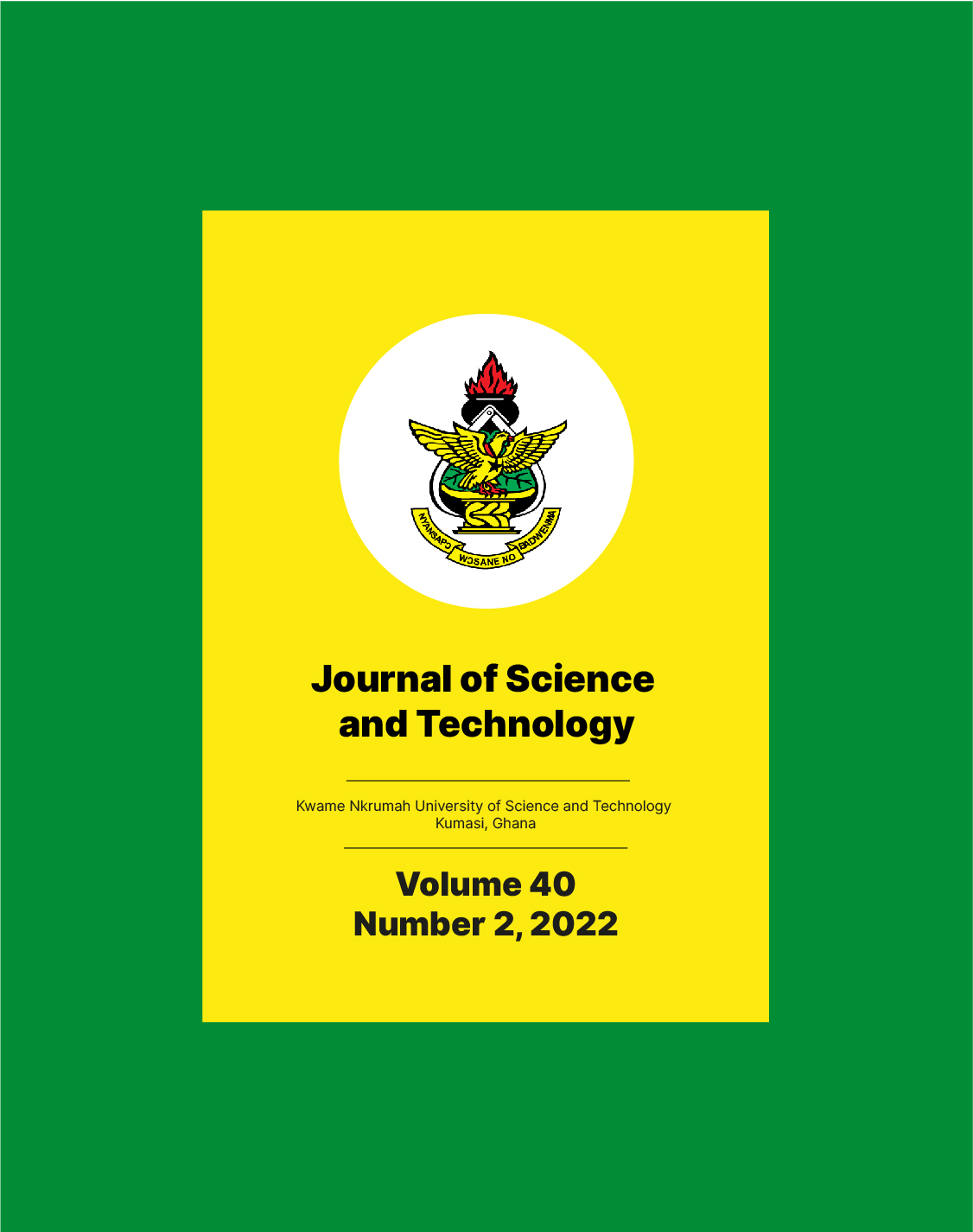Main Article Content
Prenatal Diagnosis and Genetic Characterization of Toxoplasmosis in Immunocompetent and Immunocompromised Pregnant Women and the Risk of Congenital Toxoplasmosis: A Prospective Study in Ghana
Abstract
Background: Toxoplasmosis, a protozoan parasitic disease caused by Toxoplasma gondii is of public health concern. Studies on trans-placental transmission of T. gondii is limited in Africa. This study aimed at assessing the seroprevalence and genetically characterize T. gondii infection among pregnant women.
Methods: HIV-negative pregnant women in their first trimester and HIV-positive pregnant women attending Antenatal Clinic at a University Hospital were screened for anti-Toxoplasma antibodies (IgG and IgM) using ELISA. Multi-locus gene detection was done using nested Polymerase Chain Reaction to target the Surface Antigen Gene 3 and the Dense Granule Antigen protein 6 of T. gondii parasite, followed by sequencing to identify the prevalent T. gondii strain in Ghana.
Results: The prevalence of acute T. gondii infection (ATI) among the HIV-negative pregnant women was 1.5% (6/400), transmission rate was 50% (3/6) and prevalence of congenital toxoplasmosis (CT) was 0.75% (3/400). From HIV-positive women, the prevalence of ATI was 56% (14/25), transmission rate 57% (8/14) and prevalence of CT 32% (8/25). Older aged and unemployed HIV positive women were significantly associated with T. gondii seropositivity (p=0.021) and (p=0.016) respectively. T. gondii DNA was detected in 16.7% (12/72) samples and were clonal type GRA6 type II sequences.
Conclusion: Seroprevalence of toxoplasmosis were higher in HIV-positive pregnant women. The seropositivity to T. gondii specific antibodies in the babies did not fully translate into clinical Toxoplasmosis. The strain identified was the clonal type GRA6 type II sequence. It is important to follow newborn with CT for 10 years for clinical toxoplasmosis.






